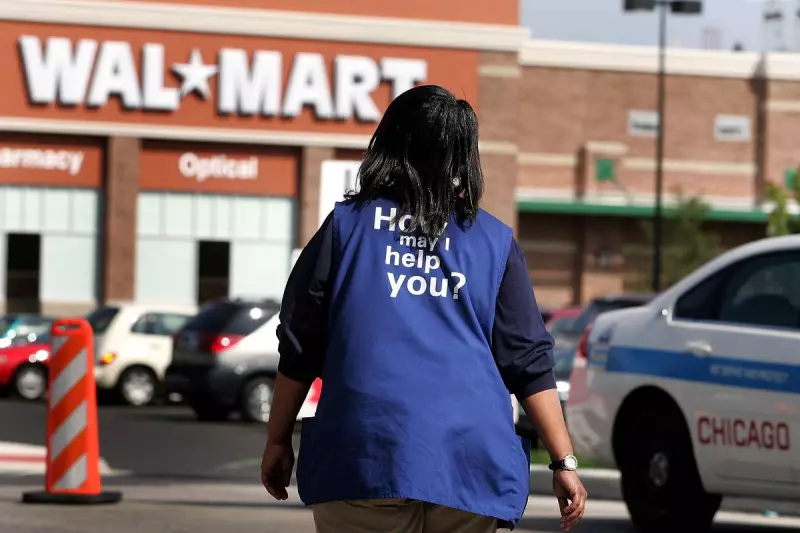
In a significant corporate shift, Walmart has substantially reduced its reliance on H-1B visa workers, cutting its foreign tech workforce by hundreds amid the Trump administration's intensified scrutiny of skilled immigration programmes.
The Numbers Tell the Story
Recent data reveals a dramatic decline in Walmart's H-1B visa approvals, dropping from approximately 500 in 2016 to just 20 in recent filings. This represents one of the most substantial reductions in foreign tech hiring among major US corporations.
Trump's Immigration Crackdown Impact
The timing coincides with the Trump administration's aggressive tightening of H-1B visa regulations, making it increasingly challenging for companies to sponsor foreign workers. Increased denial rates and heightened scrutiny have forced many corporations to reconsider their hiring strategies.
Walmart's Strategic Pivot
While Walmart hasn't publicly detailed its reasons for the reduction, industry analysts suggest several factors may be influencing the decision:
- Political pressure and regulatory uncertainty surrounding immigration policies
- Growing focus on domestic hiring and training programmes
- Potential cost savings from reduced visa sponsorship expenses
- Alignment with administration priorities amid increased corporate scrutiny
Broader Industry Implications
Walmart's move reflects a larger trend affecting technology companies and major employers across the United States. The increasingly restrictive immigration environment is forcing businesses to adapt their talent acquisition strategies, potentially impacting innovation and competitive positioning in global markets.
The situation continues to evolve as companies navigate the complex landscape of immigration policy while maintaining their operational needs for skilled technical professionals.





